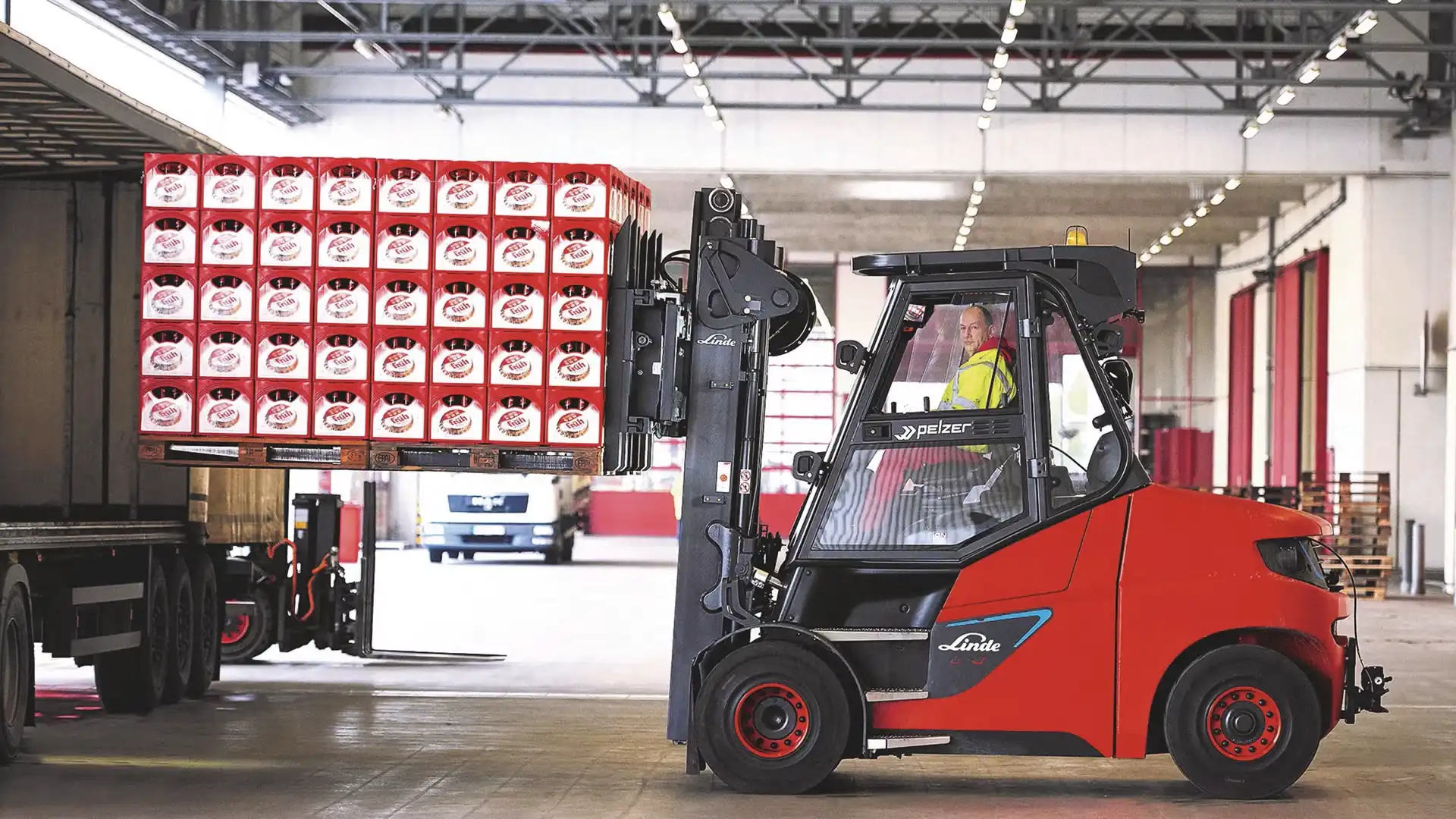Combustion forklifts, powered by internal combustion engines (ICEs), have been instrumental in industrial and material handling operations. While they offer significant benefits in terms of power and efficiency, their environmental impact cannot be overlooked. This article explores the various ways in which combustion forklifts affect the environment, highlighting both challenges and potential solutions.
Emissions and Air Quality
One of the most significant environmental concerns associated with combustion forklifts is the emission of pollutants. These forklifts primarily run on fossil fuels such as diesel, gasoline, and propane, which emit harmful substances like carbon monoxide (CO), nitrogen oxides (NOx), particulate matter (PM), and hydrocarbons (HC). These emissions contribute to air pollution, which can have adverse effects on both human health and the environment. Forklift
Forklift
Greenhouse Gas Emissions
Combustion forklifts are also responsible for the release of greenhouse gases (GHGs) such as carbon dioxide (CO2) and methane (CH4). These gases trap heat in the atmosphere, contributing to global warming and climate change. The industrial sector, including the use of combustion forklifts, plays a significant role in the overall GHG emissions, necessitating a closer examination of their impact and potential mitigation strategies.
Resource Consumption
The operation of combustion forklifts relies heavily on non-renewable fossil fuels. The extraction, refining, and transportation of these fuels are energy-intensive processes that contribute to environmental degradation. Additionally, the finite nature of fossil fuel reserves raises concerns about the long-term sustainability of relying on these energy sources for industrial operations.
Noise Pollution
Combustion engines are known for generating significant noise levels during operation. In industrial settings, the continuous use of combustion forklifts can lead to elevated noise pollution, which can impact the health and well-being of workers. Prolonged exposure to high noise levels can result in hearing loss, increased stress levels, and decreased productivity.
Potential Solutions and Alternatives
Addressing the environmental impact of combustion forklifts requires a multifaceted approach. Here are some potential solutions and alternatives:
Emission Control Technologies: Implementing advanced emission control systems, such as catalytic converters and diesel particulate filters, can significantly reduce the release of harmful pollutants from combustion forklifts.
Alternative Fuels: Exploring the use of cleaner alternative fuels, such as compressed natural gas (CNG), liquefied petroleum gas (LPG), and biofuels, can help lower emissions and reduce the carbon footprint of forklifts.
Hybrid and Electric Forklifts: Transitioning to hybrid models that combine combustion engines with electric motors, or fully electric forklifts, can substantially reduce emissions and noise pollution. These technologies offer a more sustainable and environmentally friendly option for material handling.
Regular Maintenance and Upgrades: Ensuring that forklifts are regularly maintained and equipped with the latest technological upgrades can enhance their efficiency and minimize their environmental impact.
Conclusion
While combustion forklifts have been essential for industrial operations, their environmental impact cannot be ignored. By adopting cleaner technologies, alternative fuels, and more sustainable practices, the industry can mitigate the adverse effects of combustion forklifts on the environment. As we move towards a more eco-conscious future, it is crucial to balance the need for efficient material handling with the responsibility to protect our planet.
Mobile Legends: Ling's Combat Mastery Explained
Games |
2024-07-19 02:08:40





